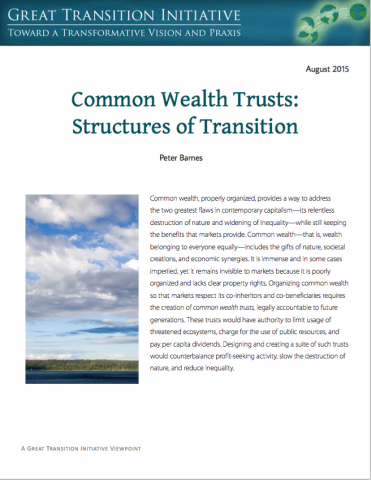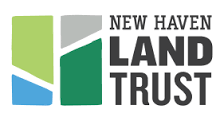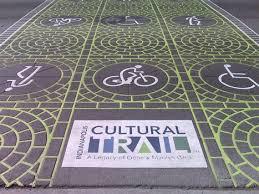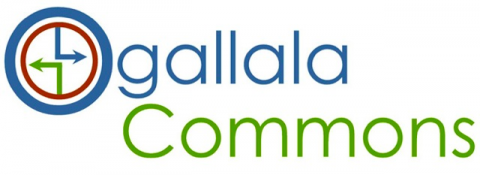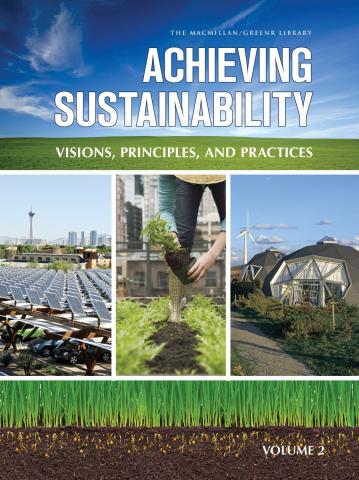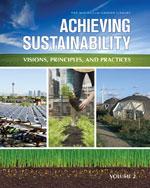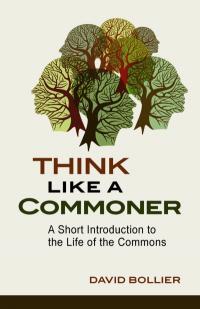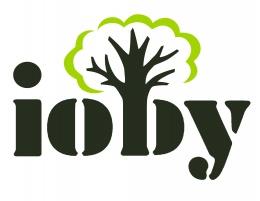Radio Free Nashville is a local radio station owned and operated by the community that features a variety of music, news, and talk shows. Community members create and run the programs, and are responsible for all aspects of the operation. To ensure all community members can participate, training is provided free of charge to people interested in programming or operating the station. To date, over 140 community members have been trained, 90 of whom are currently on the air.

